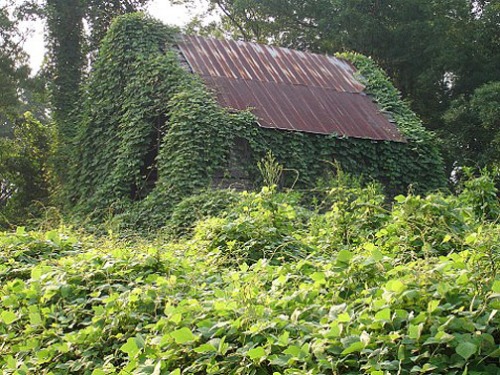A sermon on Romans 8.26-39
Trinity Lutheran Church was founded by German settlers in the 1840’s. The imposing church structure, one red clay brick stacked upon another, sits resolutely atop a hill in the western Carolina countryside. Walking up the meandering road that leads to the church, its imposing and steely gray steeple juts into the sky, demanding your attention like a glass lightning rod on a tin roof. The ancient stained glass windows, spread along the sanctuary’s length, were long ago covered by a protective layer of glass. Since then decades of condensation have built up in the space between, leaving windows that can only be enjoyed from the inside and the impression that the church like her windows are well defended. It is bordered on one side by the cool, crayfish-filled waters of a meandering brook, on another by a few strands of limp barbed wire clinging to a litany of wayward fence posts, and on another it is bordered by a small patch of cleared hillside in which my ancestors lie.



